
HHS: Give me a run-down of you guys’ history.
Shiest: Basically, the Purple City mixtapes started two and a half years ago. The first mixtape was called Purple City Vs. Taliban. The core members are myself, Un Kasa, and Agallah. Besides us, the whole Diplomat movement.
HHS: How did you guys hook up with the Diplomats?
Shiest: Well basically, I know them as people, as hanging out in the club. I don’t know them through rap. Even though he’s known for music in the hood, I knew him outside of music. Once Cam got his deal, he was just like, “It’s time to roll out, you already know what it is.”
HHS: You’re getting sort of big nowadays. What was it like the first time you saw your “Purple City Byrd Gang” video on TV?
Shiest: I shot that video with my own money, so when it finally got played on TV, more or less, I was like, “It’s about time it got played.” I felt like I had put a lot of work in, even though at the time, I didn’t know the whole politics of the game. People usually think that once you do a video, it hits TV right away. It’s not always like that, especially with our procedure. We put the video out before the single, so we used reverse strategy. We wanted the public to get a visual on us, so they could understand our movement, instead of just doing the mixtapes.
HHS: How much newfound celebrity are you guys getting? Do you get recognized when you go out in public, or do you still maintain a sense of anonymity?
Shiest: Now that we’re with a label, it is a little different. People recognize who we are straight off the bat now, where as before, it was just local love. We’re from the hood for real, everybody knows us. Seeing us in magazines, and (on posters) in the train station, they’re like, “Man, they really made it.”
HHS: Your group name is Purple City, and you’re representing that color to the fullest in your video, on your album cover, and other forums. What all does the color purple represent in your music and philosophy?
Shiest: What it really represents is royalty, a reigning family. At the end of the day, it symbolizes freedom for us. And of course, “purple haze.” But (purple haze) was just one part of it; I felt that the color purple has lead so many nations, countries and civilizations, that it was only proper for us to rock with that.
HHS: How did you guys hook up with Babygrande?
Shiest: I started searching for deals, and (Babygrande) read an article about us in Fader magazine, and just took it from there. I wasn’t really chasing a deal, I had started listening to offers they were giving me. A lot of these independent deals are a break or make situation, so I wasn’t trying to rush it. The thing with Babygrande is that (label CEO) Chuck Wilson has connects in Hollywood and stuff like that, so I saw it as a better opportunity for me to do something more than music. Just in case music didn’t fall through how we wanted it to, we’ve always got options. We’re street advocates. We aren’t the dopest dopest dopest lyricists, but the way that we formulate our movement is the dopest. We’re three street dudes that have different lives, but at the end of the day, we come together to make this music. Not a lot of people in the hood can do that.
HHS: Tell me about the new album, Road To The Riches.
Shiest: The new album is songs that we worked on for our previous mixtapes, and a couple of joints I was working on for my new mixtapes, that happened to make the album. Personally, if I was on the outside looking in, and I’m listening to the Purple City album, I’d give it a 7 ½ (out of 10). I’m talking about from a new artist perspective. If I didn’t even hear about Purple City-we have a good buzz, but it’s not a crazy buzz-I’d see that the beats are good on it, it’s some catchy songs, and it’s a transition project. It shows growth. I executive produced it, and I co-A&R’d it. The mission was to give the people something where they’d be like, “This is good, but we want more.”
HHS: I don’t know if you can speak for him, but your production was handled by Agallah. There are rumors that he’ll be producing for Jus Allah, a former member of your Babygrande labelmate group Jedi Mind Tricks. Are these true?
Shiest: That’s true. Agallah is an underground street lord, so he just does him. He has that sound that every rapper can rap to.
HHS: So what’s next?
Shiest: Like I said, this was a transition project, from mixtapes to in stores. One of the next two projects is from Agallah The Don Bishop, he’s going to finally close the legacy that he’s been doing for the past ten years. He’s going to go out with a bang. He produced the whole album, and he’s got a lot of features on there-Mobb Deep, Geto Boys, Nappy Roots, Jim Jones. Right after that, in the same month in July, Un Kasa comes out with his album. I’m going to be producing the majority of that album, I have a production company on the side called Purple City System Music Group.
Comments
No Comments
Leave a reply
- Raekwon Sets A Release Date For “F.I.L.A.” Album
- BUSH: A Snoop Odyssey Produced By Pharrell Williams [Preview]
- Drake – “If You’re Reading This It’s Too Late” Surprise Album on iTunes Now
- Action Bronson “Mr. Wonderful” Cover Art and Tracklist
- Juicy J “Blue Dream & Lean 2″ Mixtape Cover Art & Release Date Revealed
- MF Grimm “MF Love Songs” Cover Art + Tracklist
- Lord Hakim – “Brass Knucklez” (feat. Vast Aire & Phizz Ed)
- IAMSU! – “Hella Good” (feat. Tyga)
- DJ Kay Slay – “I Declare War” (feat. Styles P, Sheek Louch, Vado, Raekwon, & Rell)
- Maverick Sabre – “We Don’t Wanna Be” (feat. Joey Bada$$)
- Cannibal Ox – “Blade: Art of Ox” (feat. Artifacts & U-God; prod. Black Milk)
- Asher Roth – “Blow Your Head” (prod. Nottz)
- It's Time To Say Goodbye...
Commented on by Yungplex - It's Time To Say Goodbye...
Commented on by geedubbleyoo - Fat Trel - "In My Bag" (feat. Wale)
Commented on by Katae - Kanye West's "Runaway": What Does It All Mean?
Commented on by fidgar - Sole Vs. El-P: Part One - Sole
Commented on by Reno Yakavetta - It's Time To Say Goodbye...
Commented on by Atom
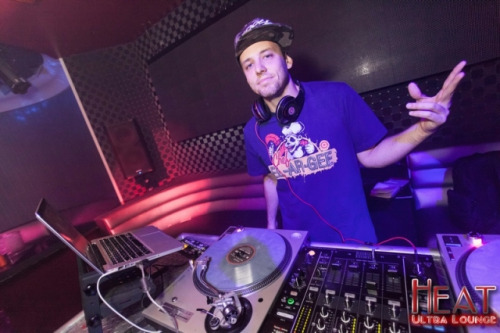

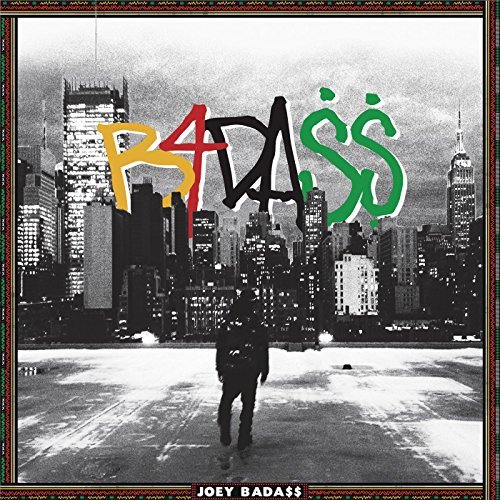
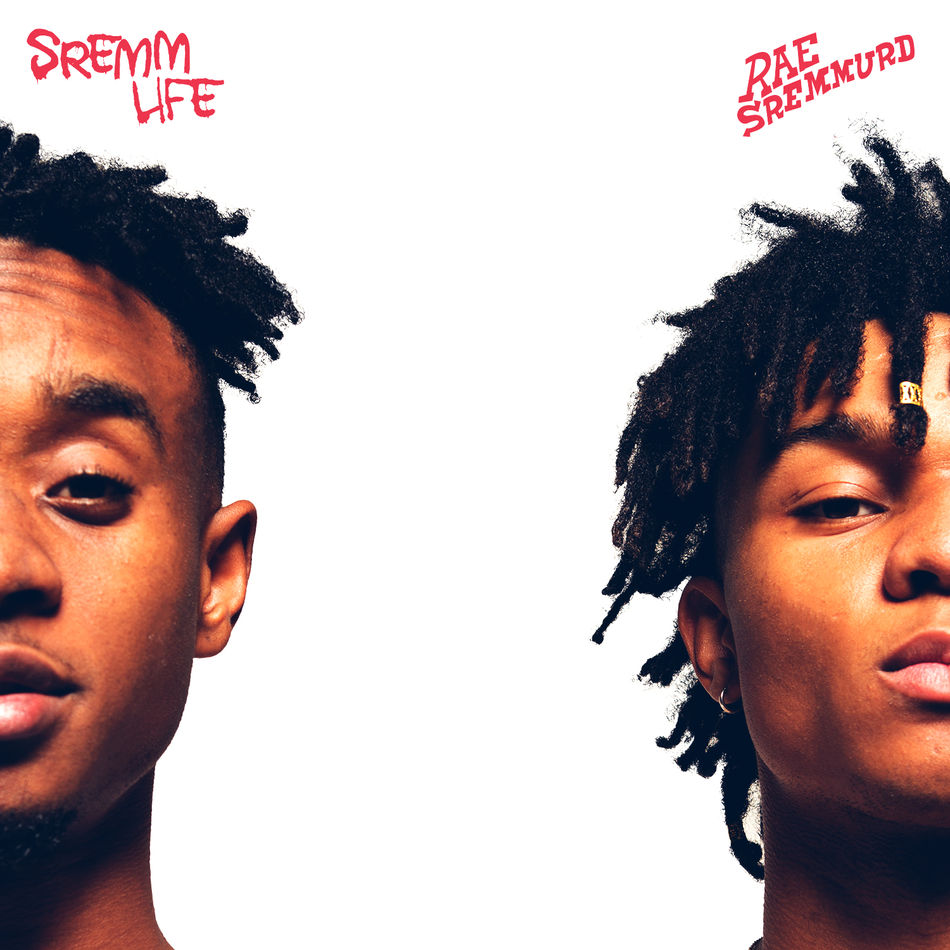
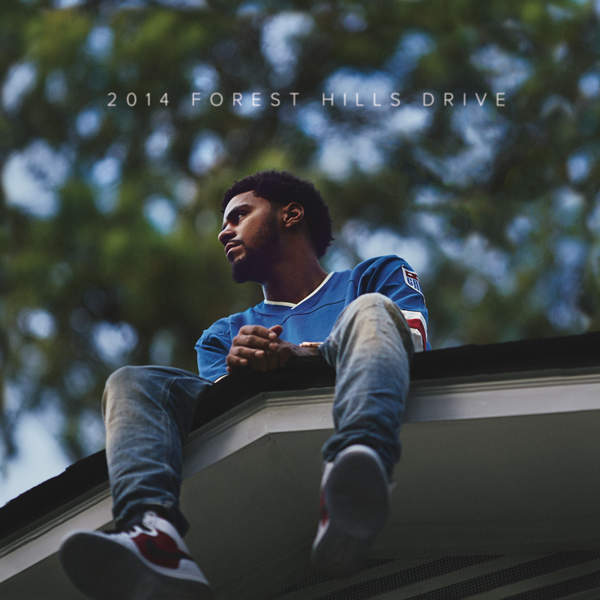





 Mixtape D.L.
Mixtape D.L.
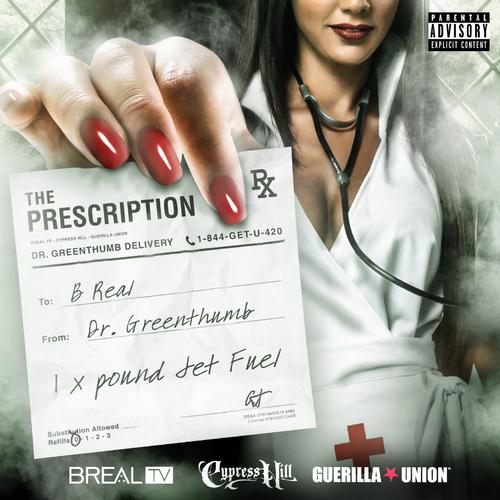

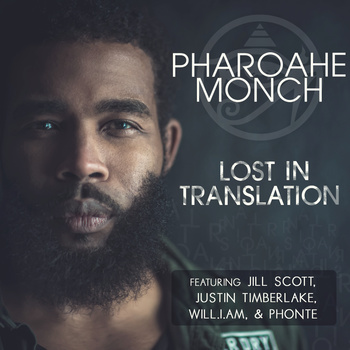

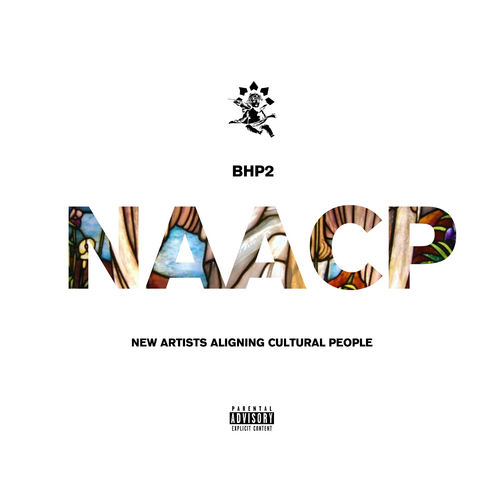
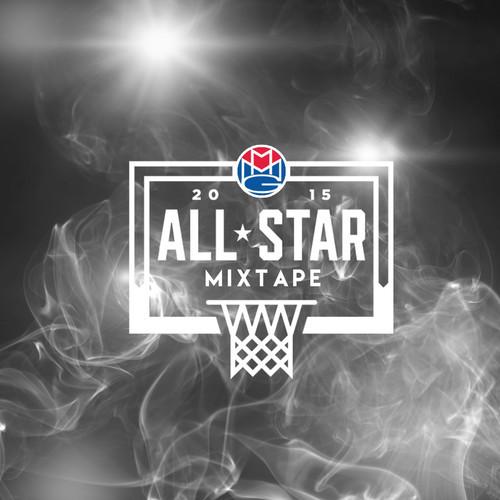
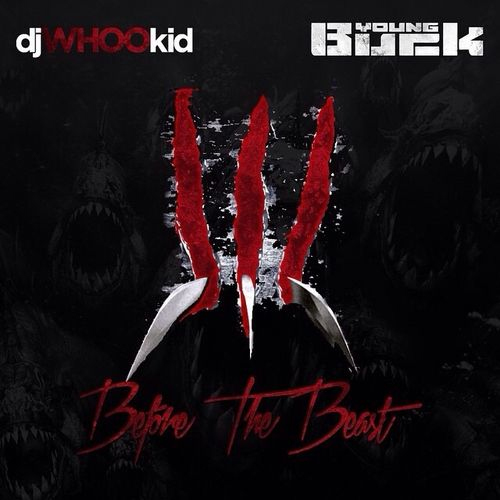
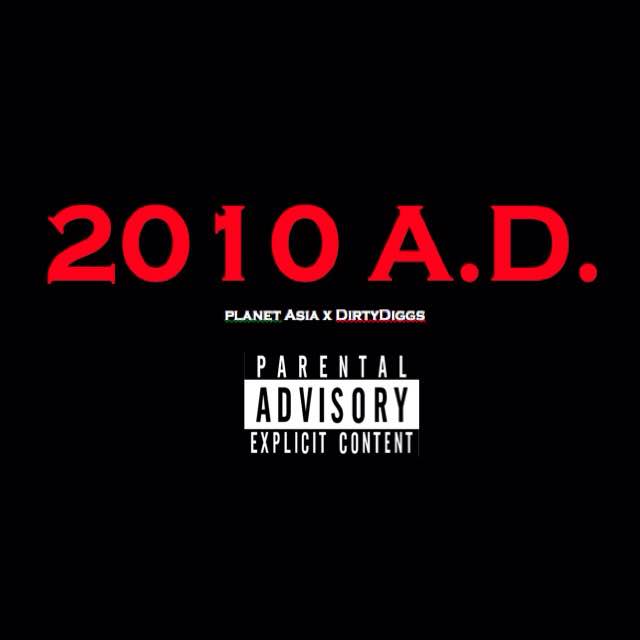
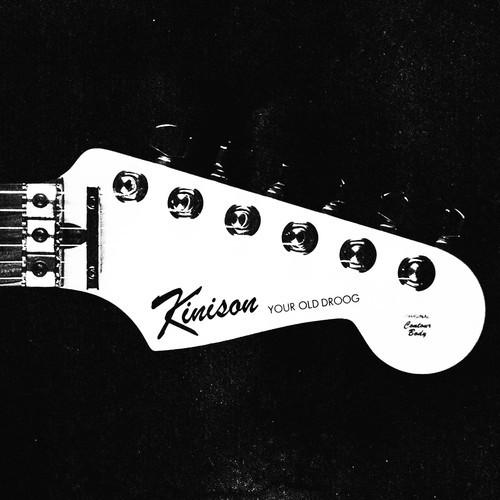
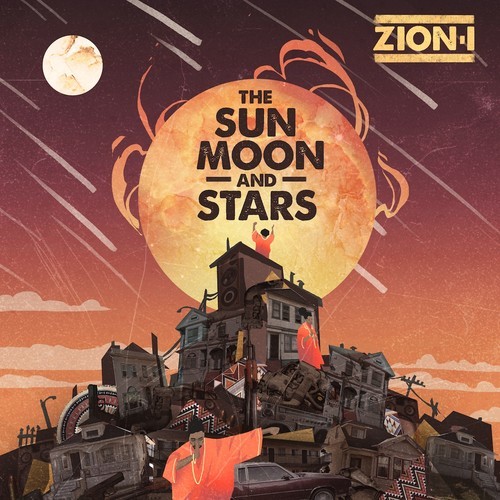

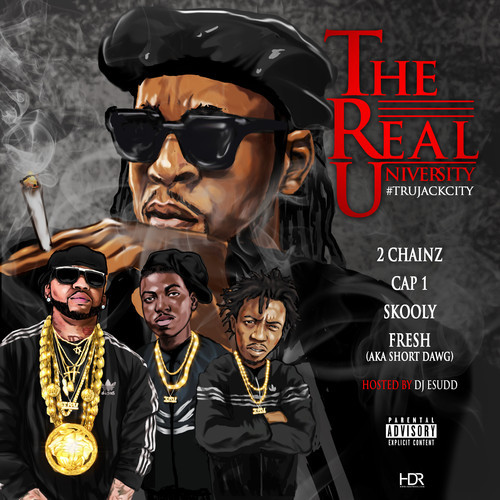
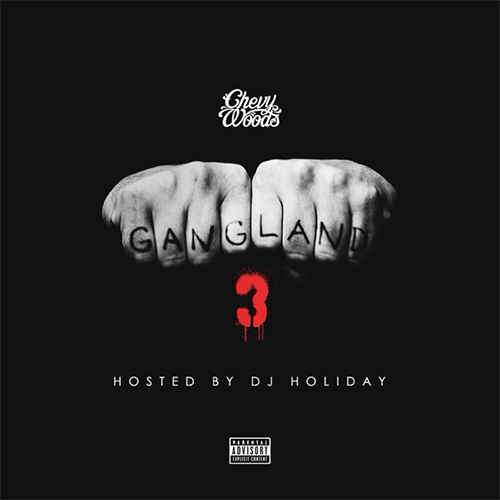
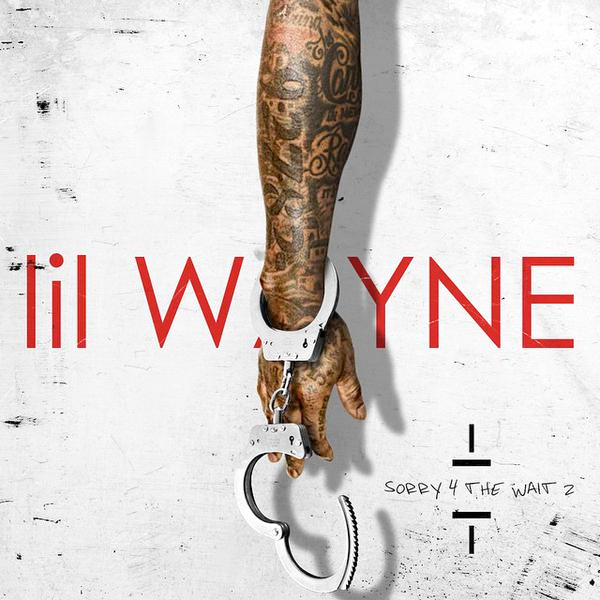
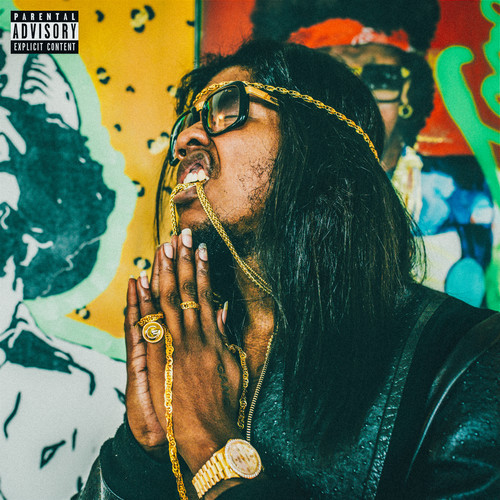





28 June, 2005@12:00 am
0 comments